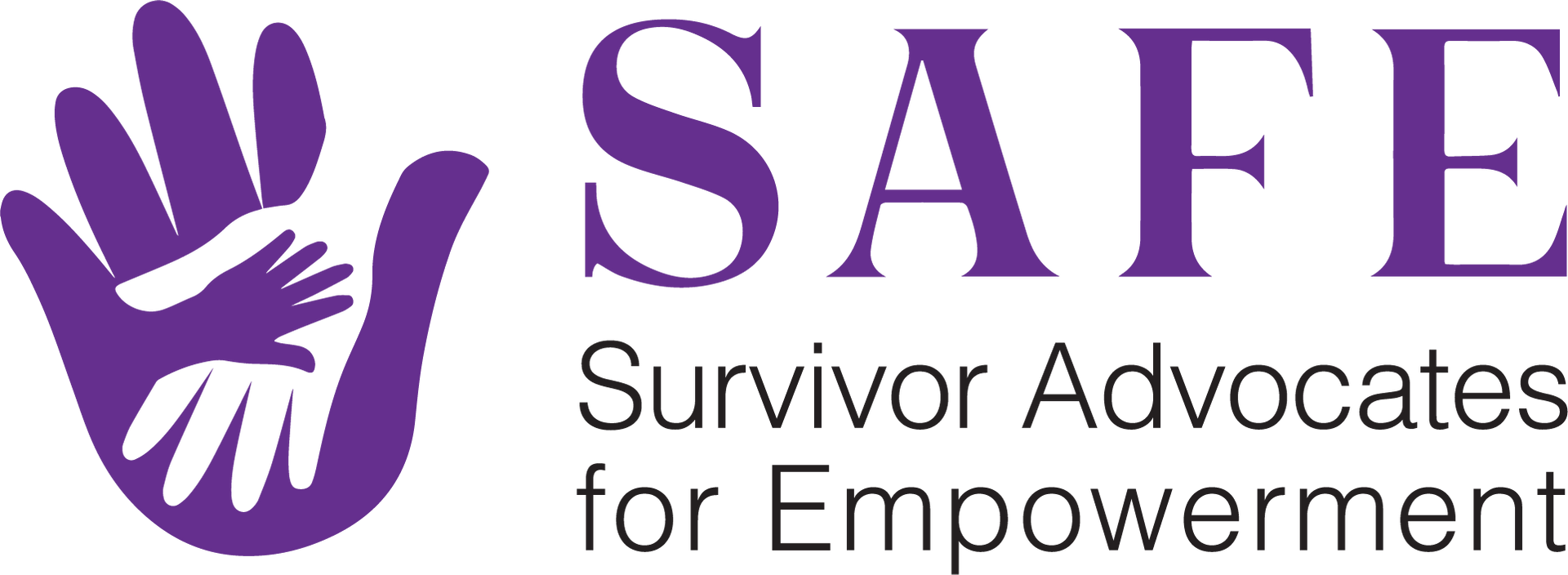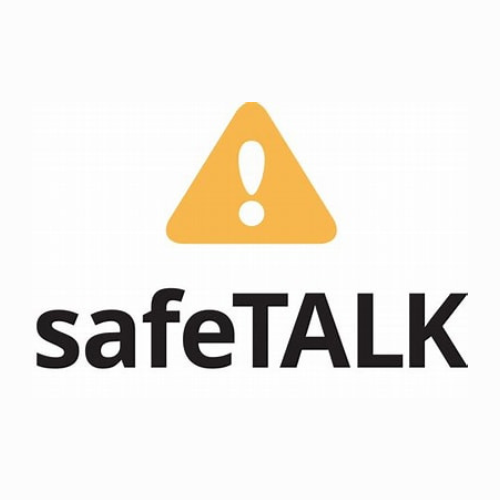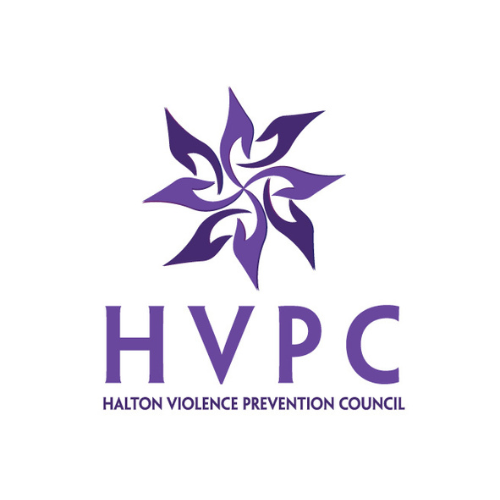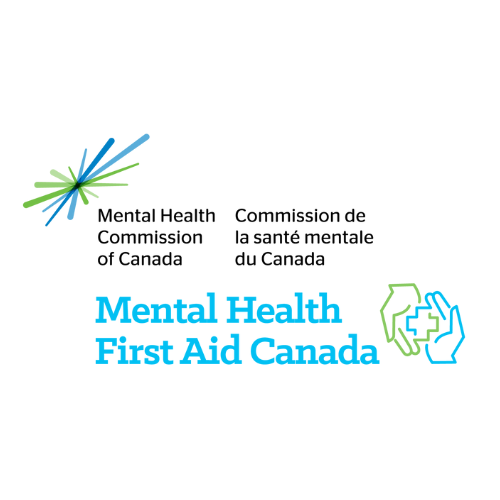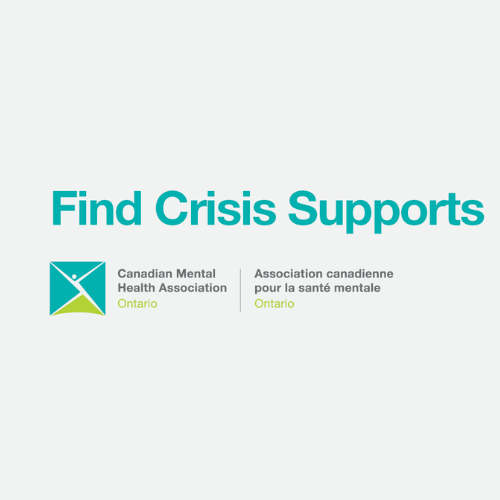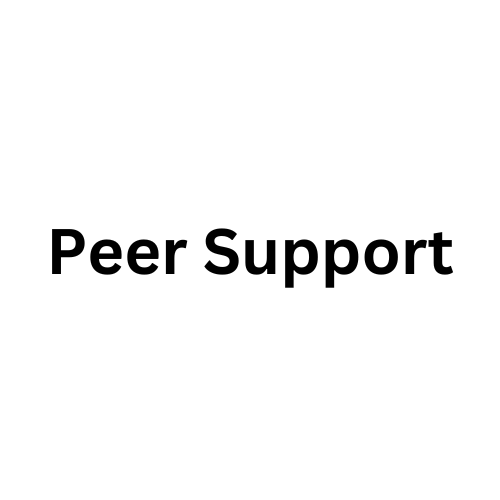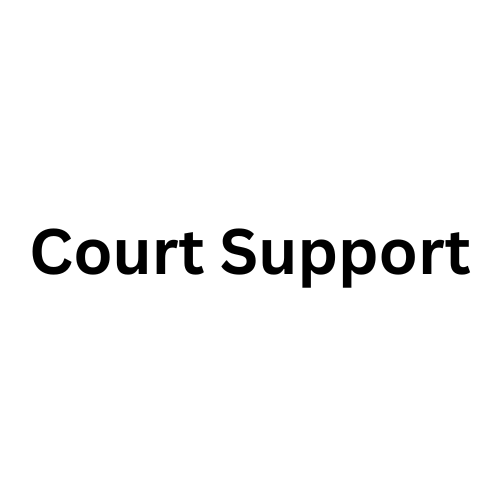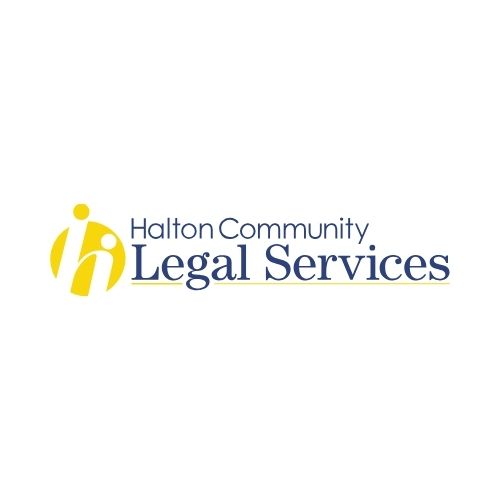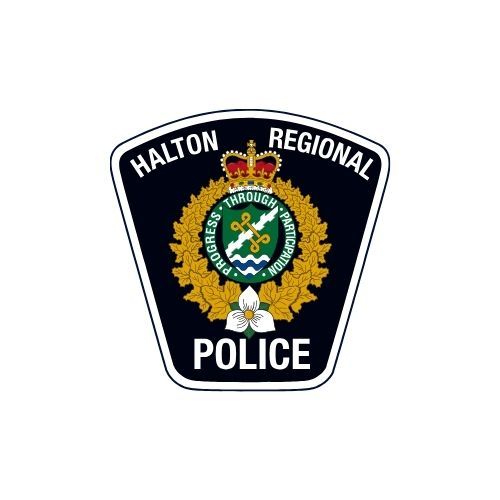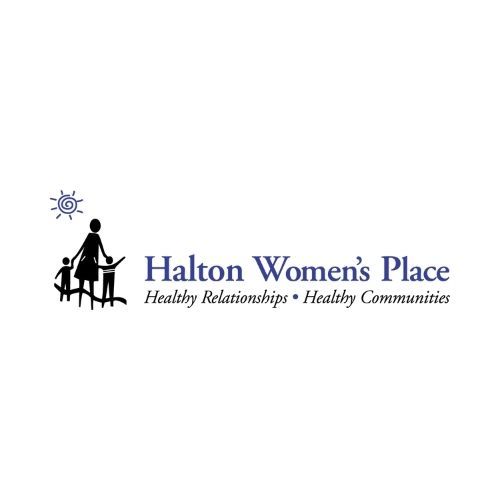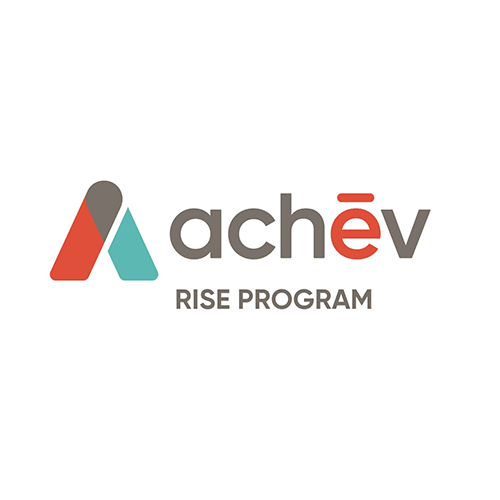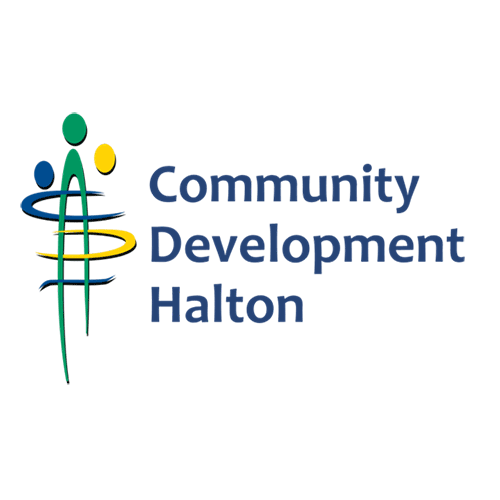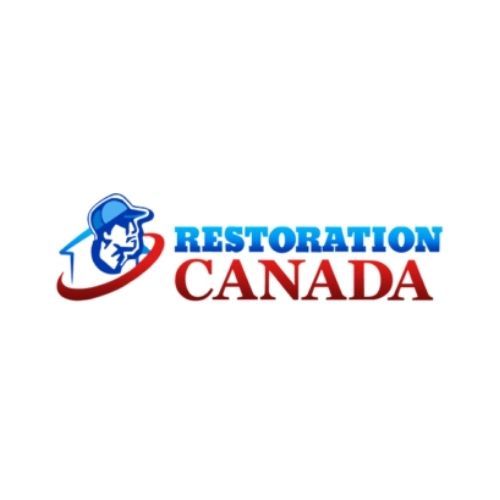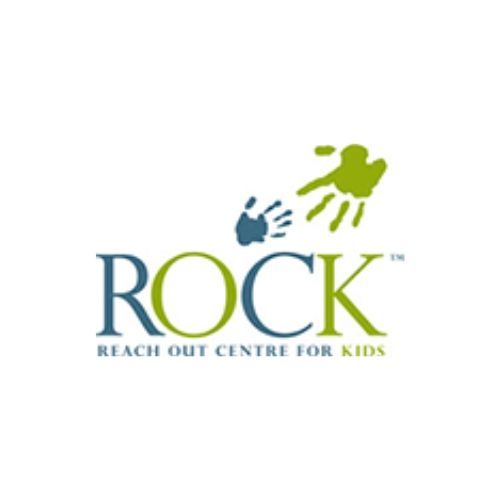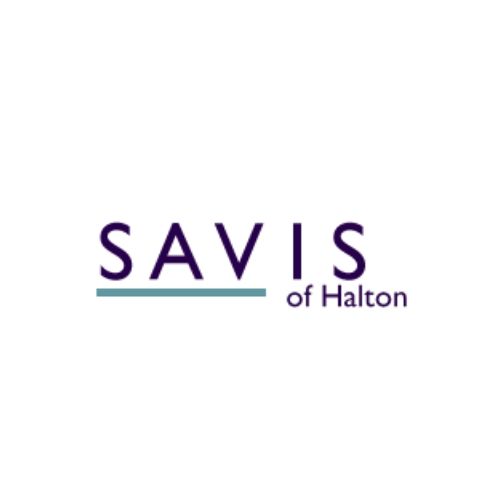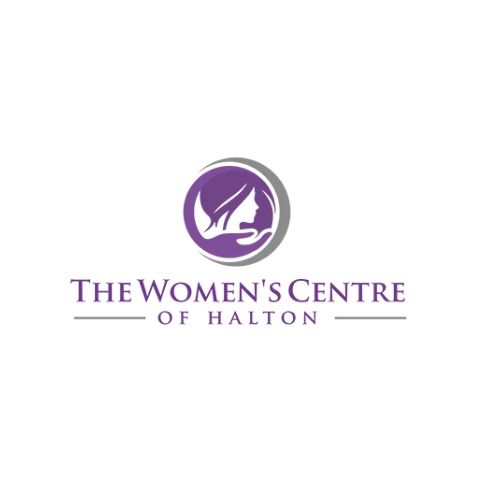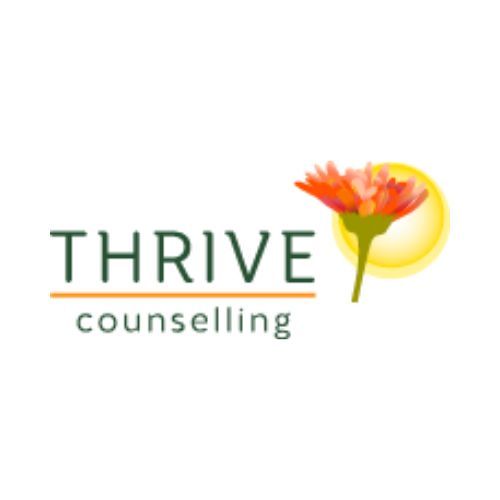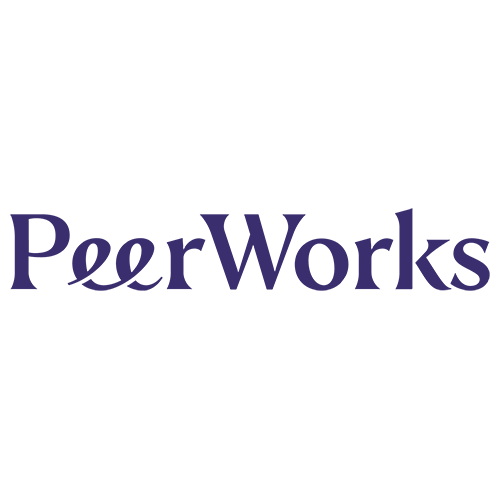For Survivors, By Survivors
Survivor Advocates for Empowerment
Peer-led support and advocacy for those affected by gender-based violence in Halton Region and surrounding communities.
Support
Advocacy
Facts
Education
It is Difficult to Know How What to Do Next
Whether you're seeking support as a survivor, looking for ways to help others, or striving to advocate for change, knowing where to begin can feel daunting. SAFE is here to empower you with compassionate support, meaningful opportunities to uplift survivors, and tools to amplify your advocacy. Discover how you can take action and make an empowered difference today.
How Can we Help You?
I Need Help
Connect with a peer who understands. Get guidance from someone with lived experience to navigate your options for next steps.
I Want to Help
Discover how to support someone facing challenges. Learn how to see the signs of abuse, volunteer with SAFE, or simply get informed.
I Want to Help My Community
Learn how SAFE can collaborate with your community initiatives to provide peer support, offering survivors guidance and understanding within your agency programs.
SAFE Services
For survivors, by survivors.
SAFE offers a range of peer-led services for those affected by gender-based violence in the Halton Region and surrounding communities.
Whether you’re looking for emotional support, advocacy, education, or connection to resources, our services are grounded in lived experience and built to honour your unique journey. You are always believed. You are never alone.
Survivor Peer Support
Companionship to recovery
Advocating for Survivors
Empowering the survivor's voice
Public Education
Educational programs for the community and professionals
Sexual Assault Awareness
Events, workshops and speaking engagements
Speakers Bureau
Sharing experiences and educational topics
Resources
Creating resources to assist in existing programs and initatives
More than 11 million people in Canada have experienced intimate partner violence at least once since the age of 15. The rates of IPV are higher for women with disabilities (55%), LGB+ women (67%), Indigenous women (61%), and women living in poverty (57%) than for all women (44%).
- Women and Gender Equality Canada
Support, Advocacy, Facts, Education
SAFE's mission is to address and prevent specific barriers faced by victims and survivors of gender-based violence, their families, and their friends by providing:
- Peer support, discussion groups, outreach programs, and workshops catered to the specific needs of survivors, as identified by survivors.
- Educational programs to and consulting with community organizations about gender-based violence from the perspective of survivors with lived experience.
SUPPORT
We pick you up where you are, and take you where you want to go
ADVOCACY
Advocating on behalf of people suffering from gender-based violence in the forums that matter
FACTS
Provide relevant and timely resources based on a survivor’s specific needs
EDUCATION
Survivor-led education of victims and the wider community
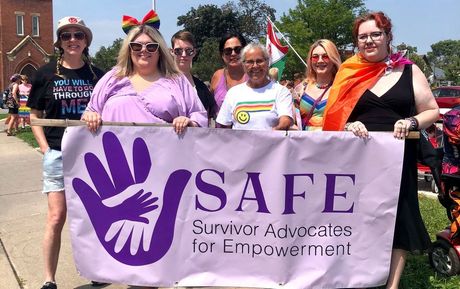
Who We Are
SAFE is about the voice of the survivor.
SAFE is an organization composed of survivors of gender-based violence and their advocates.
After coming out of their traumatic experience of violence, they were faced with challenges of navigating ways to safety, while also trying to understand the options available for assistance.
They understand what survivors are going through, emotionally, physically, legally, financially and pragmatically.
How SAFE Supports Survivors
Companion and Guide
SAFE acts as a companion and guide in helping individuals understand their options at whichever point they are at in their journey to safety and security.
Peer Support
SAFE’s survivor-led support model is rooted in providing 100% peer support through the entire process.
Community Advocacy
SAFE will engage in community advocacy for survivors for the purpose of increasing awareness and improving existing services through peer support utilizing the survivor’s voice.
Education
SAFE provides public education opportunities for survivors to identify violence and move towards recovery; and opportunities for non-survivors to understand violence and support the movement towards eradicating gender-based violence.
Upcoming Events
Subscribe to the SAFE Newsletter
Stay connected and inspired by joining our newsletter! Be the first to know about our initiatives, upcoming events, and ways you can support survivors of gender-based violence. Learn how we're making a difference, discover opportunities to engage, and receive updates on important resources and programs. Sign up today and be part of a community creating positive change!
Frequently Asked Questions
What is gender-based violence (GBV)?
GBV refers to harmful acts directed at someone based on their gender, gender identity, or perceived gender. It includes a wide range of abuses such as domestic violence, sexual assault, human trafficking, and more. GBV is rooted in power imbalances and often goes hand-in-hand with control, shame, and fear.
Who can experience GBV?
Anyone can experience GBV, but women, girls, trans, non-binary, and gender-diverse individuals are disproportionately affected. Survivors can be of any age, background, or identity.
What is sexual assault?
Sexual assault is any unwanted sexual contact, including touching, groping, or penetration, without consent. It’s about power and control—not sex or attraction.
Is it still sexual assault if I knew the person or was in a relationship with them?
Yes. Consent must be freely given every time. Being in a relationship or knowing someone does not mean they have the right to your body.
I didn’t fight back—does that mean it wasn’t assault?
No. Many survivors freeze or shut down as a trauma response. Lack of resistance does not equal consent.
What is domestic violence?
Domestic violence is a pattern of behaviour used by one person to gain power and control over another in a relationship. It can be physical, emotional, psychological, financial, or sexual.
Can emotional abuse be just as harmful as physical abuse?
Yes. Emotional and psychological abuse can deeply impact a survivor’s self-worth, sense of safety, and mental health.
Why don’t survivors just leave?
Leaving is not always safe or possible. Survivors may face financial barriers, threats, isolation, lack of support, or fear of losing their children. Every situation is different.
What is human trafficking?
Human trafficking is the exploitation of people through force, fraud, or coercion for purposes such as sex work or forced labour. It is a form of modern slavery.
What does trafficking look like in Canada?
Trafficking can happen in cities, suburbs, and rural communities. Most survivors in Canada are trafficked by someone they know—like a romantic partner or family member—not a stranger.
How do traffickers control people?
Traffickers use manipulation, threats, violence, and emotional abuse to isolate and trap victims. They may also control documents, finances, or access to basic needs.
What should I do if I think I or someone I know is experiencing GBV?
Trust your instincts. You can reach out to SAFE or a local support organization. You don’t need to report to police to access support or to be believed.
Do I have to report to law enforcement?
No. You have the right to choose what’s best for you. SAFE supports survivors whether or not they report to police.
Can I still get support even if the violence happened a long time ago?
Yes. Healing has no timeline. It’s never too late to access support.
How can I support a friend or loved one who is experiencing abuse?
Listen without judgment. Let them share at their own pace. Avoid pressuring them to leave or report. Remind them that what’s happening is not their fault and that support is available when they’re ready. Respect their choices and offer to help find resources if they want them.
What should I say if someone tells me they’ve been assaulted or abused?
You can say things like:
• “I believe you.”
• “You didn’t deserve this.”
• “You’re not alone—there’s help available.”
Most importantly, listen. Don’t try to “fix” it. Just being there can make a big difference.
What are some signs that someone might be experiencing GBV?
They may seem withdrawn, anxious, or fearful. You might notice unexplained injuries, frequent absences, sudden changes in behaviour, or that their partner is controlling or always monitoring them. Trust your gut—if something feels off, it’s okay to gently check in.
What if I’m not sure if what I experienced counts as abuse?
If something doesn’t feel right, it’s valid to talk about it. You don’t need to have all the answers or a label for your experience to reach out. You deserve support just for feeling unsafe or unsure.
I’m scared to ask for help—what should I do?
That fear is valid. You’re not alone in feeling that way. You can reach out in small steps—like texting or messaging a support organization. You can also talk to someone you trust. No one should pressure you to move faster than you're ready.
What kind of support does SAFE offer?
SAFE offers peer support, referrals, workshops, and resources led by survivors. You don’t need to report to access our help. We’re here to walk with you—whether you’re just starting to ask questions or ready to take the next step.
Will I get a tax receipt for my donation?
Unfortunately, not at this time. The process to obtain charity status is currently underway, so we will be able to provide donation receipts for tax deduction purposes once that occurs.
Your donation will help us continue our mission of community engagement through peer support, community referrals, outreach programs and workshops, raising awareness through educational public speaking, consultation with local organizations and governments, active participation in community events, and monitoring community needs all done with the aim to support those in crisis and those who are recovering from crisis. Thank you again for your generosity and allyship.
SAFE’S most important next step is to operationalize our primary program, “Recovery & Beyond”. This program is designed by survivors for survivors, meant to help individuals in crisis or recently out of crisis to identify abusive behaviours, explore emotions, and plan towards long-term healing. Donations in the foreseeable future will be used for this purpose.
Certifications, Memberships and Collaborations
Survivor-based Board Members of SAFE are certified with and/or have membership with:
